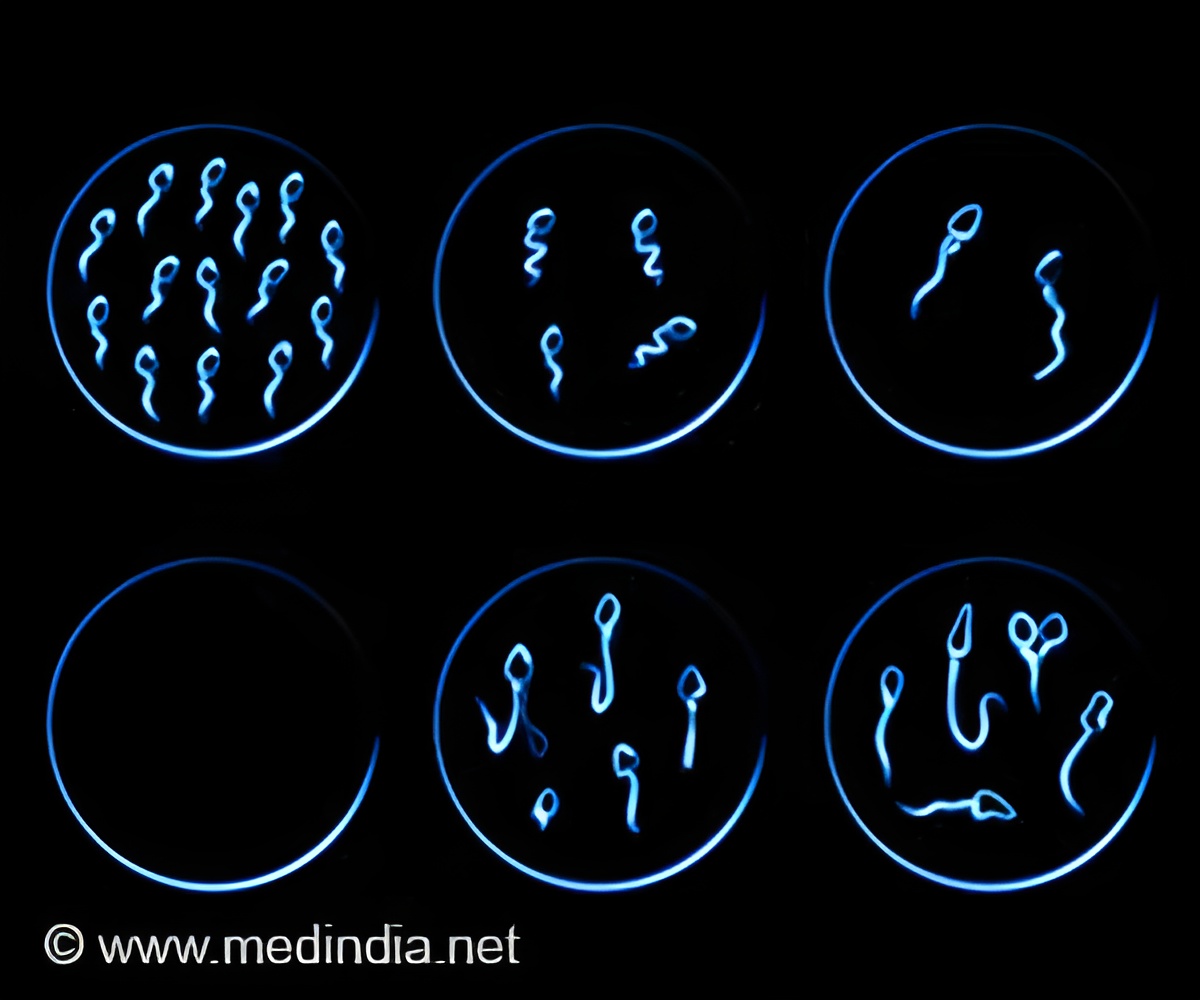Lifestyle choices, from smoking to sleep patterns, can impact your sperm's health and your chances of conceiving a child.

- Smoking, alcohol, and obesity can harm sperm motility and DNA
- Heat exposure from laptops and tight pants affects sperm quality
- Diet and inadequate sleep also play a role in sperm health
Lifestyle Practices that Impair Sperm Health
Tobacco use and alcohol consumption
Smoking and drinking reduce sperm motility, or their ability to move effectively. Reduced motility causes fewer sperm to reach the egg, decreasing the odds of a successful pregnancy. Furthermore, smoking can harm the DNA within sperm, increasing the chance of both problems conceiving and miscarriage (1✔ ✔Trusted Source
Heavy cigarette smoking and alcohol consumption are associated with impaired sperm parameters in primary infertile men
Go to source).
Obesity
Obesity can cause an imbalance in hormone levels, specifically the estrogen-to-testosterone ratio. As testosterone levels fall, this hormonal shift might damage sperm production and quality (2✔ ✔Trusted Source
Sperm DNA damage: The possible link between obesity and male infertility, an update of the current literature
Go to source).
Heat generated by laptops and tight pants
Excessive heat exposure to your testicles, whether from prolonged laptop use (3✔ ✔Trusted Source
Use of laptop computers connected to internet through Wi-Fi decreases human sperm motility and increases sperm DNA fragmentation
Go to source) or from wearing tight pants or underwear (4✔ ✔Trusted Source
Fit of underwear and male spermatogenesis: a pilot investigation
Go to source), might impair sperm health. Temperatures near the testicles harm sperm quality and quantity. It is critical to maintain a suitable temperature in your testicles to encourage good sperm production.
Diet
The food you eat can also affect the health of your sperm (5✔ ✔Trusted Source
Diet and sperm quality: Nutrients, foods and dietary patterns
Go to source). Trans fats, which are commonly found in packaged and ready-to-eat foods, can lower the quality of your sperm. Carbonated and fizzy drinks are loaded with sugar and are not good for health.
Inadequate sleep
Shift employment and inconsistent sleep patterns can throw off the body's circadian clock, impacting sperm quality and quantity (6✔ ✔Trusted Source
Sleep Deprivation and Late Bedtime Impair Sperm Health Through Increasing Antisperm Antibody Production: A Prospective Study of 981 Healthy Men
Go to source). It is critical to get at least seven to eight hours of restorative sleep each night to optimize sperm motility and quality.
Nurturing Your Sperm for a Healthier Tomorrow
In the grand story of conceiving a child, your sperm's health is a vital protagonist. As we conclude our exploration of the lifestyle factors influencing sperm health, remember that small changes can yield significant results. Whether it's quitting smoking, adopting a balanced diet, or getting adequate rest, your efforts today can shape a healthier, more fertile future. So, take charge of your fertility journey, and let the story of parenthood begin on a healthy note.References:
- Heavy cigarette smoking and alcohol consumption are associated with impaired sperm parameters in primary infertile men - (https://pubmed.ncbi.nlm.nih.gov/30829290/)
- Sperm DNA damage: The possible link between obesity and male infertility, an update of the current literature - (https://pubmed.ncbi.nlm.nih.gov/36789664/)
- Use of laptop computers connected to internet through Wi-Fi decreases human sperm motility and increases sperm DNA fragmentation - (https://pubmed.ncbi.nlm.nih.gov/22112647/)
- Fit of underwear and male spermatogenesis: a pilot investigation - (https://pubmed.ncbi.nlm.nih.gov/2136041/)
- Diet and sperm quality: Nutrients, foods and dietary patterns - (https://pubmed.ncbi.nlm.nih.gov/31375368/)
- Sleep Deprivation and Late Bedtime Impair Sperm Health Through Increasing Antisperm Antibody Production: A Prospective Study of 981 Healthy Men - (https://pubmed.ncbi.nlm.nih.gov/28412762/)
Source-Medindia














